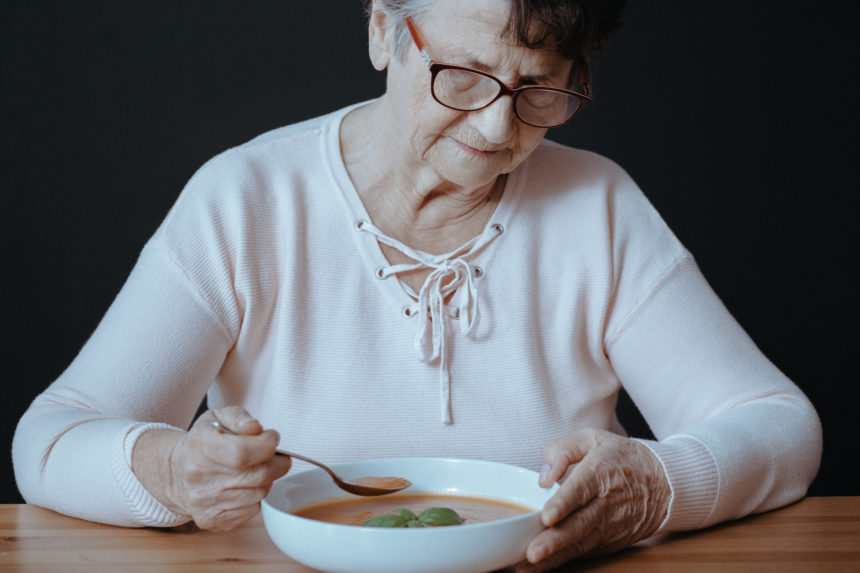
Food insecurity is common among older adults with type 2 diabetes, putting them at a higher risk for low blood sugar (hypoglycemia). When healthcare providers only ask about economic food security and not about being able to physically get food, it may overlook this important health risk, a new study shows.
There are two facets of food insecurity. Economic food insecurity has to do with having enough money to eat, while physical food insecurity has to do with being physically able to get food.
“Our research shows that not asking about physical food insecurity misses one in five patients at risk of severe hypoglycemia whose food insecurity is not due to financial limitations,” Andrew J. Karter, PhD, a senior research scientist with the Kaiser Permanente Division of Research, said in a statement. He noted that standard questions typically only focus on economic food insecurity.
The new study, which was published Monday in the Journal of General Internal Medicine, assessed responses from 1,164 people over the age of 65 who completed surveys. All the adults were taking insulin or sulfonylureas to treat their type 2 diabetes. The drugs stabilize blood sugar, but not eating enough can lower blood sugar to dangerous levels.
The survey inquired about whether or not people ran out of food before having enough money to purchase more, or if they had a hard time being able to shop for food and prepare meals.
Of the respondents, 12.3% said they had experienced food insecurity. Of them, 38.4% said it was economic food insecurity; 21.1% said they experienced physical food insecurity; and 40.5% said they experienced both.
People who experienced both economic and physical food insecurity were four times more likely to have severe hypoglycemic episodes than those who did not face food insecurity. The study also found that 78% of the respondents said the primary reason for experiencing a severe hypoglycemic episode was skipping a meal, not eating enough or waiting too long to eat.
“Our study suggests healthcare providers need to consider asking many patients about physical food insecurity and not just economic food insecurity,” Hilary Seligman, MD, a co-author and professor at the University of California, San Francisco. “This is particularly important for patients who are at high risk of poor diabetes outcomes.”




